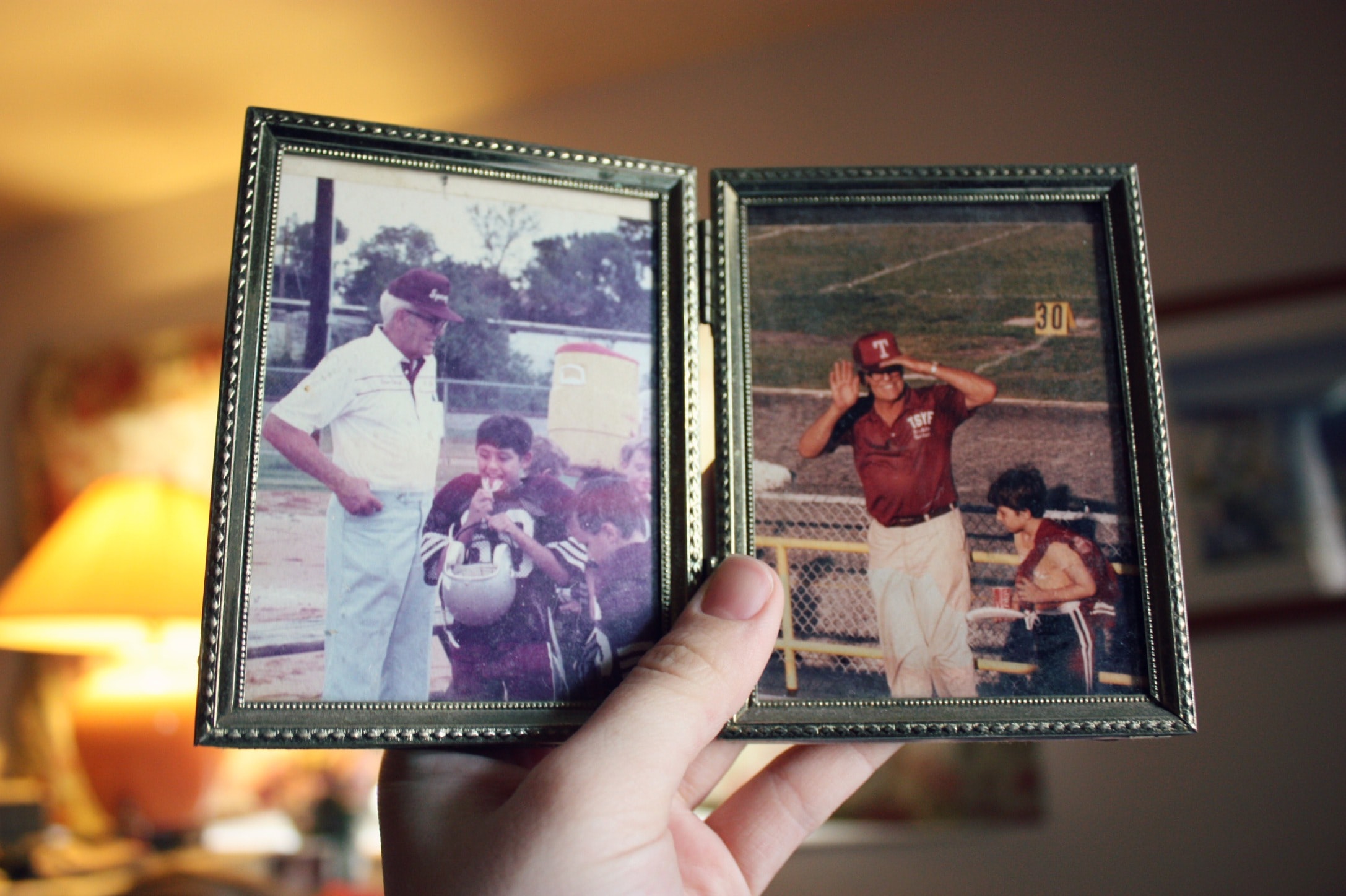
By Elizabeth Fitch, Staff Writer
Photo provided courtesy of Pixabay.com
As of now, an uneven hodgepodge of laws exists to shelter the privacy of the booming genetic testing industry. [1] Remarkably, however, this potential lack of one’s privacy has not discouraged individuals from purchasing DNA testing kits from companies like MyHeritage and AncestryDNA in hopes to learn more about their family trees. [2] In fact, the at-home testing industry is expected to be worth a whopping $45 billion by 2024. [3] Now, not only are privacy laws frantically trying to catch up with this new form of voluntary testing, but numerous ethical questions are tangled up in the legality as well. Are these tests anonymous? How will the results affect one’s family? In terms of at-home genetic testing, the law and ethics may be a lot more closely related than these popular online companies could have foreseen. The question then becomes: “when an individual’s right to know competes with someone else’s right to privacy, who gets to decide?” [4]
Medicine typically relies on ethical frameworks that prioritize personal autonomy, where the law often uses signatures and consent forms to protect individual’s information. [5] In the medical community, someone is informed of the risks and benefits of a particular procedure and then gives or withholds consent to proceed. [6] However, at-home DNA testing services create an overlap between science, medical devices, ethics and the law. People have quickly discovered that they may be consenting to more than just a service in hopes to find out more about where they come from. “Privacy is paramount; a person determines whether and to whom to reveal medical test results. When it comes to the ethics of DNA secrets, though, consumers are often left to work things out on their own.” [7]
There have been plenty of privacy concerns about what companies like LivingDNA and 23andMe do with the information provided by its customers, such as selling it to research institutes or pharmaceutical establishments. However, there has been little focus on what the customers do with their results. Furthermore, there has been even less consideration of any restitution for the victims of these results. One customer spoke up after finding out about a half-brother she was unaware of:
“At first, I was thinking this is the coolest genetics story, my own personal genetics story. I wasn’t particularly upset about it initially, until the rest of the family found out. Their reaction was different. Years of repressed memories and emotions uncorked and resulted in tumultuous times that have torn my nuclear family apart. My parents divorced. No one is talking to my dad. We’re not anywhere close to being healed yet and I don’t know how long it will take to put the pieces back together.” [8]
Being a biologist herself, she felt the need to contact 23andMe and discuss the ramifications of these test results. [9] She wrote, “I’m not sure all your customers realize that when they participate in your family finder program, they’re participating in what are essentially really advanced paternity tests. People find out that their parents aren’t who they think they are.” [10] Combined, these genetic testing companies have tens of millions of people in their database. “If there happens to be anyone in there you’re related to, they’ll find your match. This is a solid science.” [11] As a result, some testing companies are now required to warn consumers of the risks of uncovering traumatic family secrets or disease risks. [12]
Aside from discovering hidden cheating scandals resulting in unknown half siblings, customers have learned though DNA results that they have been the product of a sperm donation, another unforeseen ethical ramification. [13] Sperm donors from years prior are being contacted by their children, often against their will, after being promised anonymity. [14] This may in turn dissuade future donors and negatively affect some families. [15] On the other hand, those who are conceived by a donor often feel they have a right to know where they truly come from. “I think anyone that donates sperm should understand that they’re making people,” says Erin Jackson, founder of We Are Donor Conceived.
Although the law is starting to address major privacy concerns attached to at-home DNA testing such as genetic discrimination in the workplace and police access to these databases, there has not been anything yet to solidify these concerns legally. [16] While privacy law is the focal point as of now, it may not be long until these ethical issues creep into other areas of the law as well. Courts could start to see suits against these at-home testing companies regarding divorce, adoption, and even inheritance issues.
[1] https://news.bloomberglaw.com/pharma-and-life-sciences/dna-testing-you-might-want-to-wait-for-more-legal-protection
[2] Id.
[3] Id.
[4] https://www.wsj.com/articles/when-your-ancestry-test-entangles-others-11581696061
[5] Id.
[6] Id.
[7] Id.
[8] https://www.vox.com/2014/9/9/5975653/with-genetic-testing-i-gave-my-parents-the-gift-of-divorce-23andme
[9] Id.
[10] Id.
[11] Id.
[12] https://internethealthreport.org/2019/23-reasons-not-to-reveal-your-dna/
[13] https://www.cbc.ca/news/technology/sperm-donor-dna-testing-1.4500517
[14] Id.
[15] https://internethealthreport.org/2019/23-reasons-not-to-reveal-your-dna/
[16] https://www.eff.org/issues/genetic-information-privacy
